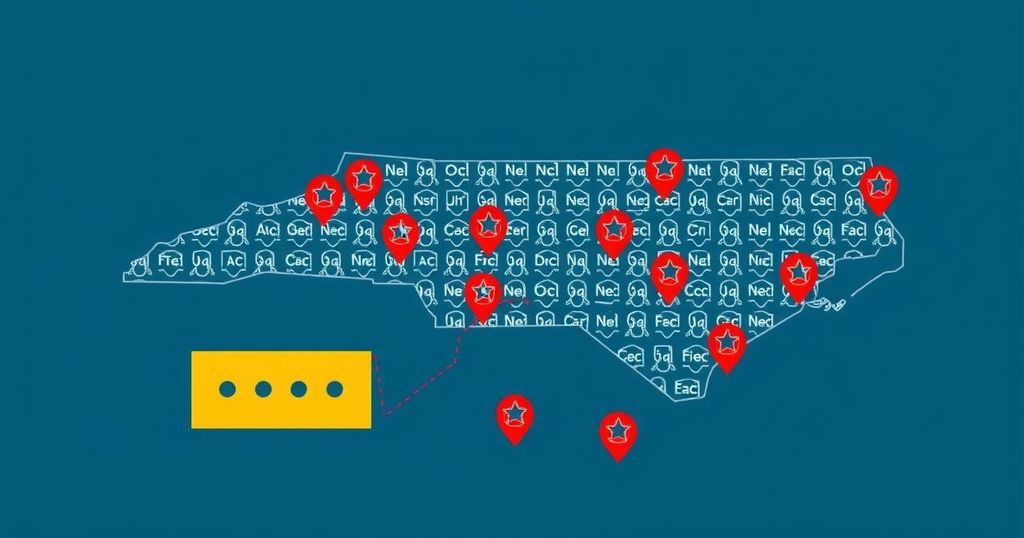North Carolina’s recent electoral changes suggest a shift towards increased support for public education as Democrat Mo Green is elected as superintendent. The break in the Republican supermajority may foster opportunities for bipartisan collaboration to enhance funding and support for public schools, particularly focusing on increased investment in early learning and educator compensation. Stakeholders await the implications of these elections on the governance and direction of public education in the state.
With the recent election results in North Carolina, the state is witnessing a significant shift in the public education landscape. The election of Democrat Mo Green as superintendent of public instruction, along with other Democratic victories, suggests a potential increase in funding and support for public schools. Key stakeholders including the governor, lieutenant governor, and state legislature now find themselves in a position to influence educational policies collaboratively. Green’s priorities include advocating for increased state investment in early learning, educator salaries, and support for disadvantaged students, reflecting concerns about current funding levels. The results have interrupted the supermajority held by Republicans in the state legislature, paving the way for possible bipartisan efforts to enhance public education. Education reform advocates are hopeful that the newly formed alliances can foster a more supportive legislative environment, countering previous trends of diverting funds to private school vouchers. As the election results are finalized and the implications on educational governance unfold, the balance between Democratic and Republican influences may set a new precedent for public education in North Carolina. It is essential to note the mechanisms by which the State Board of Education governs public schooling in North Carolina. The board, primarily composed of individuals appointed by the governor, has seen significant power shifts in recent years due to legislative changes that have sought to diminish its authority. Looking ahead, it remains to be seen how the interplay between the newly elected officials and the existing legislative framework will affect the direction, quality, and funding of public education across the state.
The context of this discussion is centered around the recent electoral changes in North Carolina, particularly related to public education governance. The election resulted in significant Democratic victories, including the appointment of a new state superintendent who champions increased investment in public schools. The state legislature’s erosion of the Republican supermajority creates opportunities for collaborative policymaking and addresses long-standing concerns about funding and educational equity.
The 2024 election results in North Carolina present both challenges and opportunities for public education. With a newly elected Democratic superintendent and the breaking of the Republican supermajority, there is potential for enhanced bipartisan cooperation aimed at improving school funding and support. However, the actual implementation of these reforms will depend on how key stakeholders navigate the existing legislative framework and prioritize the needs of public schools in the state.
Original Source: www.charlotteobserver.com






